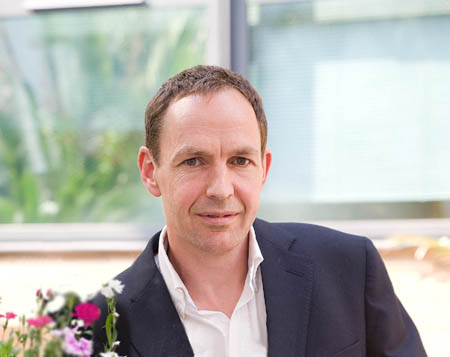Lancaster consultants help reduce the carbon cost of weekly shop

Consultants based at Lancaster University have been working with a leading food and drink retailer to help reduce the carbon footprint of your weekly shop.
Everything we buy from bread to bananas generates carbon whether that be from the energy costs of growing methods, fuel for transport or the manufacturing of packaging.
Small World Consulting, based in the Lancaster Environment Centre, Lancaster University, has been working with managers at Booths to help log the Greenhouse Gas (GHG) Footprint of its stores as part of the retailer’s efforts to bring down its carbon footprint.
The report puts detailed estimates of GHGs from supermarket supply chains into the public domain for the first time, providing the public with valuable and previously hard to obtain information about the impact of the food we buy.
Booths has also been using this to inform a coherent set of actions to mitigate carbon – spanning every department.
Examples of changes already put in place include:
- Prepared fruit is typically already shipped and then prepared in the UK rather than prepared overseas and then flown.
- The UK asparagus season has been extended by two weeks with further extension planned.
- Air freighted American cherries are no longer sold during the English and European season.
Chairman of Booths Edwin Booth says: “Since 2006 we have been working to gain an understanding of the greenhouse gas emissions that are attributable to Booths’ operations looking right through the supply chains from farm production to the checkout.
“The business has put work streams in place with a view to delivering reductions in GHG emissions and carbon impact. So far these have been a success with reductions being made in the transportation of goods, construction and the use of gas, water and electricity. We will now build on this work to ensure that Booths remains at the forefront of sustainable business development.”
Mr Berners-Lee of Small World Consulting said: “Climate change represents one of the greatest challenges facing humanity. Food accounts for between 20 and 30% of the greenhouse gas footprint of all UK consumption but the carbon cost of what we buy is usually almost invisible to the consumer.
“It is important that the public is given the necessary information to help inform their buying habits. Responsible retailers have a part to play in that process. Booths is the first UK supermarket that I am aware of to be factoring carbon systematically into sourcing decisions. This pioneering work has already led to an impressive set of actions, mostly already underway and which, if fully implemented will lead to annual savings estimated at over 11,000 tonnes CO2e, around 5% of the total footprint.”
Mike Berners-Lee is the founding director of Small World Consulting. His clients include Booths, Taylor Wimpey, The National Trust, Aurora Fashion, The Science Museum (London), Cumbria Tourism and many other businesses and organisations.